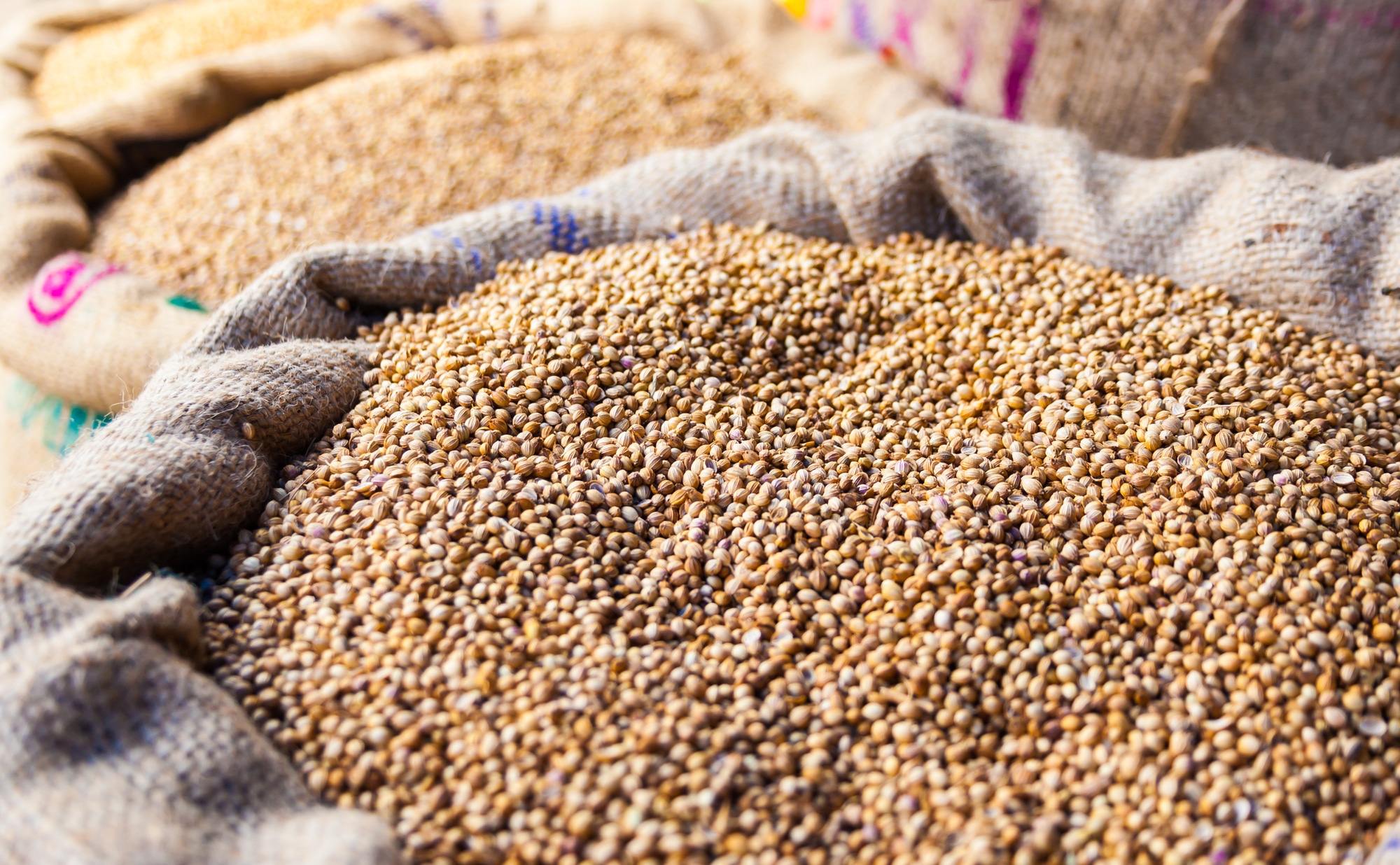Seeds are uncommon for most people to travel with, but if you need to bring them with you on a plane, the rules surrounding them can be confusing.
According to the TSA website, you can take seeds on a plane, both in checked and carry-on bags.
But, the TSA will not tell you whether or not you will be able to take your seeds to your destination, which will depend on if you are flying domestically or internationally.
If you are flying domestically, you shouldn’t have any problems traveling with your seeds. As long as you are not carrying any illegal seeds, you can take them on a plane.
However, if you are flying internationally, you need to follow the rules set by the country you are flying into. The U.S. has strict restrictions on bringing seeds in from other countries.
Here are the requirements that your seeds must meet if you want to fly into the U.S. with them, according to the USDA:
Seeds from trees and shrubs are prohibited, but Travelers may bring seeds of admissible herbaceous plants for planting if they meet the following conditions:
- The seeds are not otherwise prohibited, protected,… or subject to any special restrictions,
- You have a phytosanitary certificate issued by the National Plant Protection Organization of the country you are leaving
- U.S. Customs and Border Protection inspects the seeds at the first port of entry
There are restrictions on bringing seeds, plants, animals, food, and other similar items across country borders because they pose economic, health, and environmental risks.
We will discuss these risks in the next section of why seeds aren’t allowed on some flights. Then, we will explain how to pack seeds for travel and how to take your seeds through customs.
Why Are Some Seeds Not Allowed on Flights?
Different countries have different regulations about what seeds can and can’t be brought into their country. If they ban certain seeds, it’s because they are not native or accustomed to the country’s environment, and there are many risks of allowing this.
First, there are environmental risks. If items like seeds are not acclimated to a country’s environment, but they are brought in and planted anyway, there is a chance that they can destroy other plants and animals or cause a health outbreak.
The COVID-19 pandemic, which is thought by scientists to have spread from a bat to a human, is an example of how living things like animals and plants and the seeds they come from can pose a major health risk to humans. The health risks are a major reason why seeds need to be inspected and approved for international travel.
There are also economic risks from a health or environmental outbreak. There can be food shortages if the seeds grow and kill other plants that feed us.
So, you must follow each country’s specific rules for bringing seeds in from other countries.
Another item you may have questions about flying with is flowers, so check out if you can bring flowers on a plane.
How to Pack Seeds for Travel
Packing seeds for travel is relatively easy since they are small and lightweight. But, there are still a few things to keep in mind when packing them.
If you are flying internationally, make sure your seeds are easy to access when you go through customs after you land. You will need to present your seeds to the border agents for inspection, and you don’t want to be rummaging through your bag to find them.
Other than having your seeds easily accessible, pack them in a sealed bag or container, so they don’t spill all over your bag. If they are fragile seeds, keep them wrapped up in their package and something soft so they do not break during the journey.
If you are flying domestically, you don’t need to worry about having your seeds accessible since you are keeping them within the same country from departure to arrival.
TSA allows seeds in your checked and carry-on bags, but they might be subject to additional screening as with any item. And the TSA officers on duty have the final say on whether or not something is allowed through the checkpoint or if it poses a security risk.
You May Also Like: Can I Bring Matches on a Plane?
Can Seeds Go Through Customs?
Yes, you can bring seeds through U.S. customs. Even if they are not allowed to enter the country, there is no penalty if you declare the seeds. They will still be confiscated and destroyed, though.
Here is what the USDA says about bringing and declaring seeds at customs:
Travelers entering the United States must declare all agricultural products on their U.S. Customs forms. U.S. agricultural inspectors will examine your items to be sure they meet entry requirements and do not harbor harmful foreign pests or diseases. U.S. inspectors have the authority to make a final determination about whether your products can enter the country.
This policy is specific to the United States, and all countries have different policies and protocols for inspecting seeds at their borders. So, make sure you check the country’s border or agriculture website for their regulations.
Seed restrictions can also vary if you are traveling by land instead of by plane, so make sure to know the rules for your country and form of transportation.
Sand is another item that has a lot of restrictions when it comes to travel. Learn about bringing sand on a plane here.

